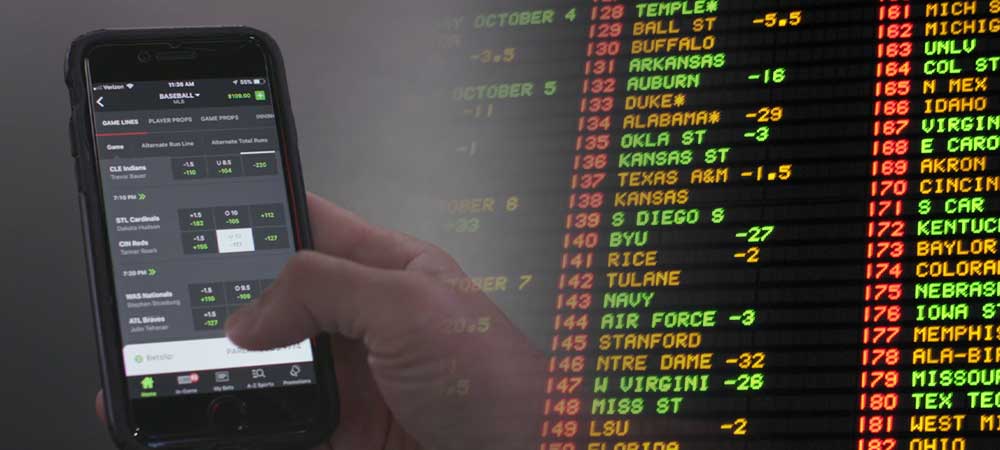The House and Senate released and agreed upon a budget for the upcoming fiscal year on Friday, June 30th. The only question that remains, then, is how they plan on paying for it. The House estimated their budget at $31.5 billion, but the Senate estimated a flat $32 billion before a budget of $31.9 billion was approved. So where is the extra half billion dollars coming from?
Experts believe that the Senates’ higher budget is a good sign for the controversial iGaming bill. Both the House and Senate have passed a version of the bill, and the Governor has voiced his support for expanded gambling in the state. But there are a couple of things standing in the way of a unified bill being placed on his desk (and the budget getting paid for).
When the Senate passed an amended House Bill on iGaming (HB 271) on May 24th, many believed that their strict tax guidelines would be the only thing that the House would touch up before sending it back for a final vote. But it turns out that the House has not only amended the tax plan to something a little less harsh, they’ve also added a provision regarding Video Gaming Terminals.
These gaming terminals would be added to any venue that is licensed to sell alcohol. This means that any bar, tavern, or other location with a liquor license could have VGTs. Of the 12 casinos in the state, 10 are opposed to the addition of these terminals. The two casinos that are not, are the casinos that are providing the VGTs to the taverns and bars.
It’s not just the casinos that are worried about the addition of this provision. Governor Tom Wolf has said that he wants “real revenue” produced from any gambling expansion in the state. His, and the Casinos, worry is that these terminals won’t create new revenue. They’ll just draw it away from the Casinos, which doesn’t really help anyone.
Representative Mark Mustio of Allegheny spoke with reporters from Fox43 about the provision. “The VGT-based gaming expansion could net $300 million in new, non-taxed revenue.” While that does alleviate some of the economic concerns about Video Gaming in the state, there are other reservations that state conservatives have regarding this type of gambling expansion. “The majority of Senators aren’t keen on the idea of relying on so-called ‘sin taxes’ to balance a budget.”
“Many are, however, in favor of a limited gaming expansion, including internet-based casino games and online lottery games,” continued Mustio. The bill itself revolved around iGaming originally, which would expand already existent gambling in the state, like casino games and the lottery, to online venues, rather than introduce new forms of gambling. This could explain why they were willing to pass it before but are hesitant to do so now.
Other reports coming out of both the House and Senate also put the blame on VGTs, stating that “The House added a couple things that are having a difficult time getting through the Senate. Video Gaming Terminals is an issue that I think a lot of members of the Senate are not supportive of, and that has become a roadblock, quite frankly, to reaching a consensus,” said Senate Minority Leader Jay Costa.
With all the discussion focused on VGTs, no one has focused on the tax problem. Pennsylvania’s gambling tax rate is higher than almost any other state in the US. But the Senate has imposed the same tax schedule on online gambling sites as it has land-based sites, which is a problem. The house lowered the fees and percentages that operators would be expected to pay, but with everyone debating VGTs, there hasn't been any decision made on reconciling the two tax schedules.
SportsBettinginPennsylvania.com thinks without reconciliation on these issues, PA lawmakers might not be able to pass a bill for iGaming in the state. This means that lawmakers who passed the budget expecting to gain revenue from legalizing online gambling will have no way to pay for it. This puts the state even further into the red than it already is (the state has an estimated $2.2 billion deficit).
Pennsylvania lawmakers are expected to release their decision on iGaming in the state this week.

